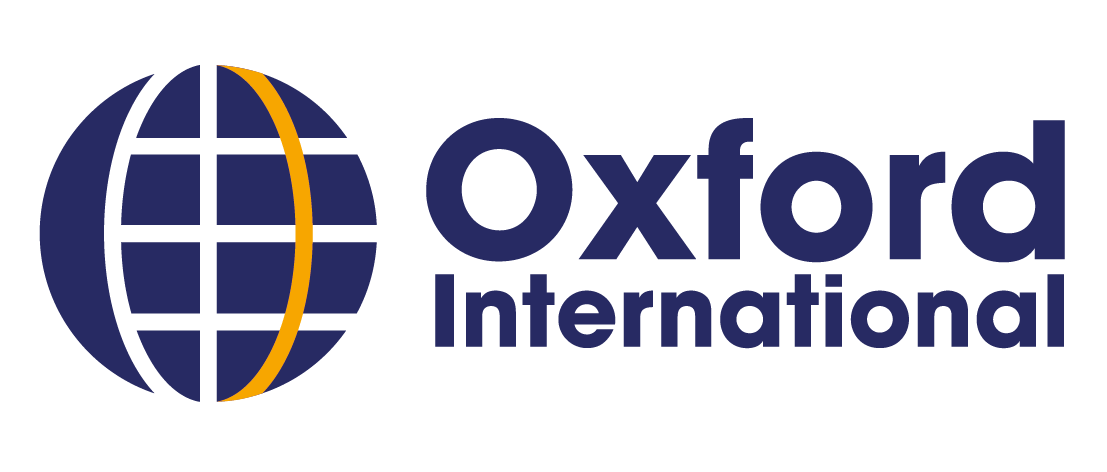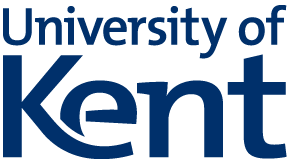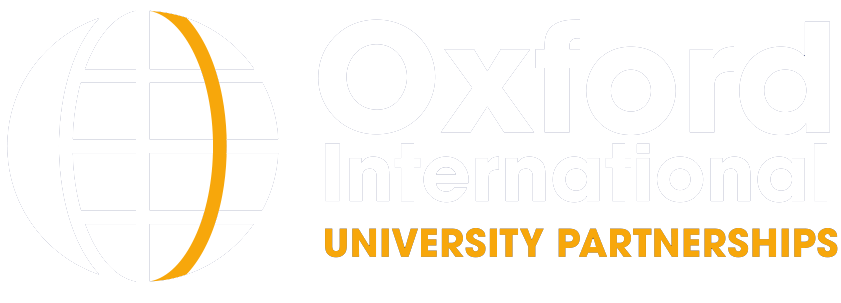The International Foundation Programme (IFP) is a level 3 foundation year that is an equivalent qualification to A levels. During your programme you will develop subject-specific knowledge with a strong focus on improving your academic English language skills in preparation for studying at university.
During the three terms encapsulating the IFP, you’ll gain additional skills in your chosen study route and the necessary English language skills to progress to year one of your chosen university degree course.



